Duncan Lloyd: the 10 records that changed my life
Choice picks from the Maxïmo Park lynchpin
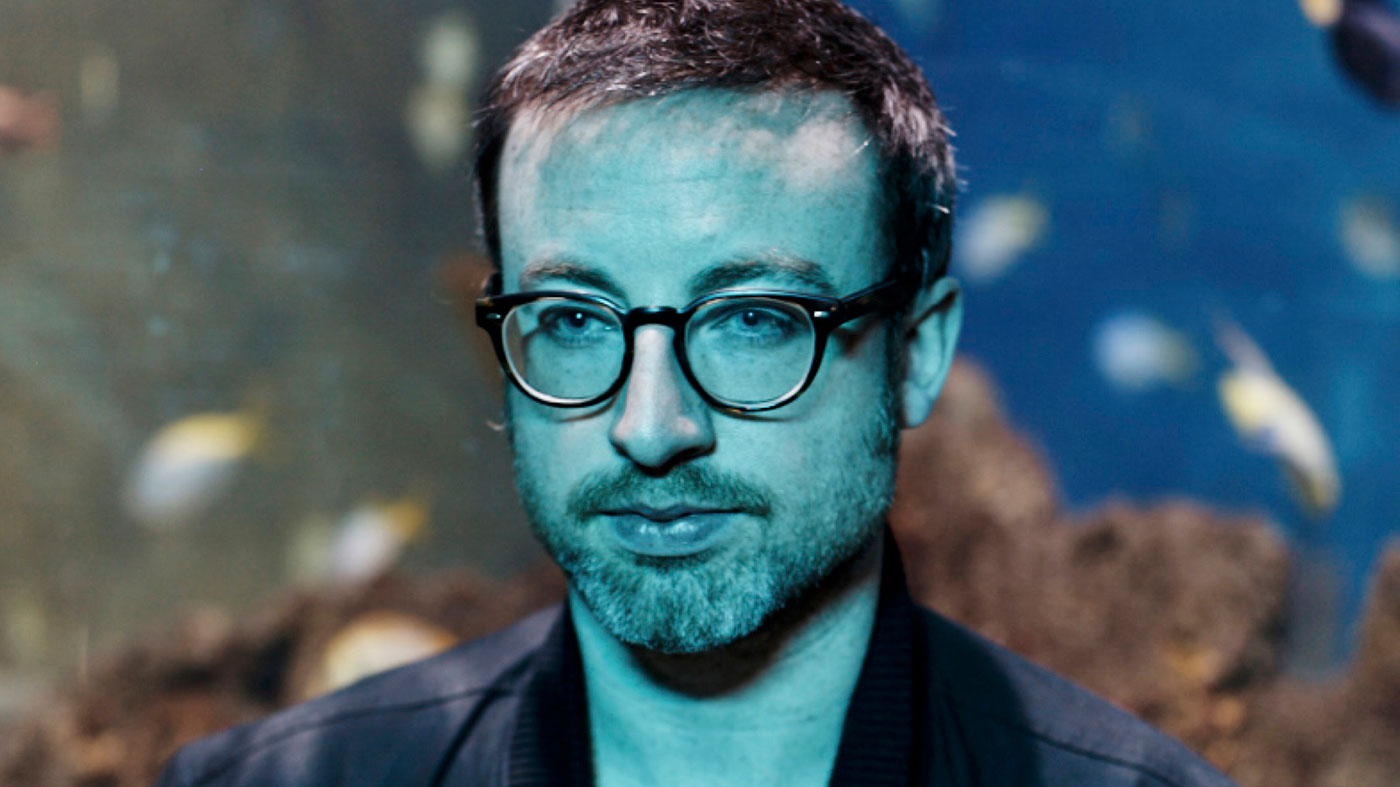
Introduction
Duncan Lloyd is one of those musicians cast in the Neil Young mould – compelled to keep creating on daily basis, in numerous guises and forms.
The guitarist and primary songwriting force behind the North-Eastern indie heroes Maxïmo Park also does a fine line in experimental electronic releases under the pseudonym Decade In Exile and somehow also finds time for a string of solo albums, most recently the reflective I O U O M E, released in May.
Before, my writing was running on adrenaline, now I find there’s more to think about
“A lot of it was written in downtime, but often quite late,” Duncan says. “I find that I can be a bit more productive and go a bit deeper on things when it’s late – almost a nocturnal approach. I came up with a lot of the ideas while travelling with Maximo Park overnight, long distances, so I had a lot of time to reflect.”
It’s a warm, aural hug of an album. One that combines nicely toasted electric tones and late night rumination on past relationships, with the kind of constantly evolving viewpoint that can only be found by spending an unhealthy amount of time watching the world whiz past a tour bus window.
“When I was younger it was a lot more instinctive,” says Duncan of his writing. “Then, to be honest, it was probably after 2010 that I started writing songs with a deeper meaning to them, after my dad passed away. I think I’ve found another space and maybe a greater depth. Before, I was running on adrenaline, now I find there’s more to think about.”
Most of Lloyd’s list reflects this value.
“It’s good when you see musicians who’s early stuff is different and they’ve developed into something new.” explains Duncan.
“They’re still making records and they’re musicians to the core, really. It’s almost like a stability and, as a musician, you aim to get there. It makes sense to wake up every day and write music. It’s something I enjoy, but it’s also a purpose and something I kind of need to do. I understand that. Or maybe I’m just attracted to the loners and the weirdos, the people who sit in the corner at school and go ‘Argh! I can’t deal with this!’”
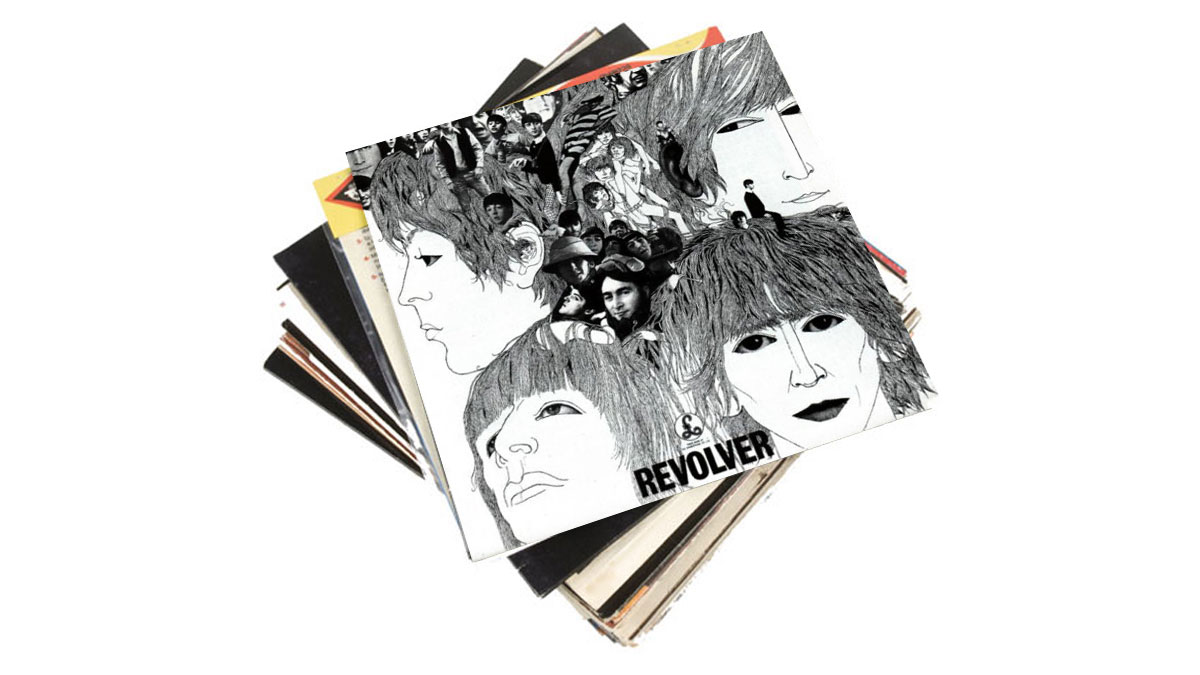
1. The Beatles - Revolver
“My dad’s from the North West, so when I was a kid, he would just put Revolver and Rubber Soul on.
“I think Revolver was the first record I remember hearing. I think the sound of the guitars and the harmonies on Revolver appealed to me.
Hearing The Beatles that early on, the standard is kind of set for everything else that you hear
“Tomorrow Never Knows is on there and that song was always like, ‘What is this!?’ I was really young when I first heard it but songs like that became more and more interesting to me. It’s kind of a magical record and sometimes you think that hearing The Beatles that early on, the standard is kind of set for everything else that you hear.
“Also, when you’re young you don’t really judge music in the way that you do later on, but that really excited me.”
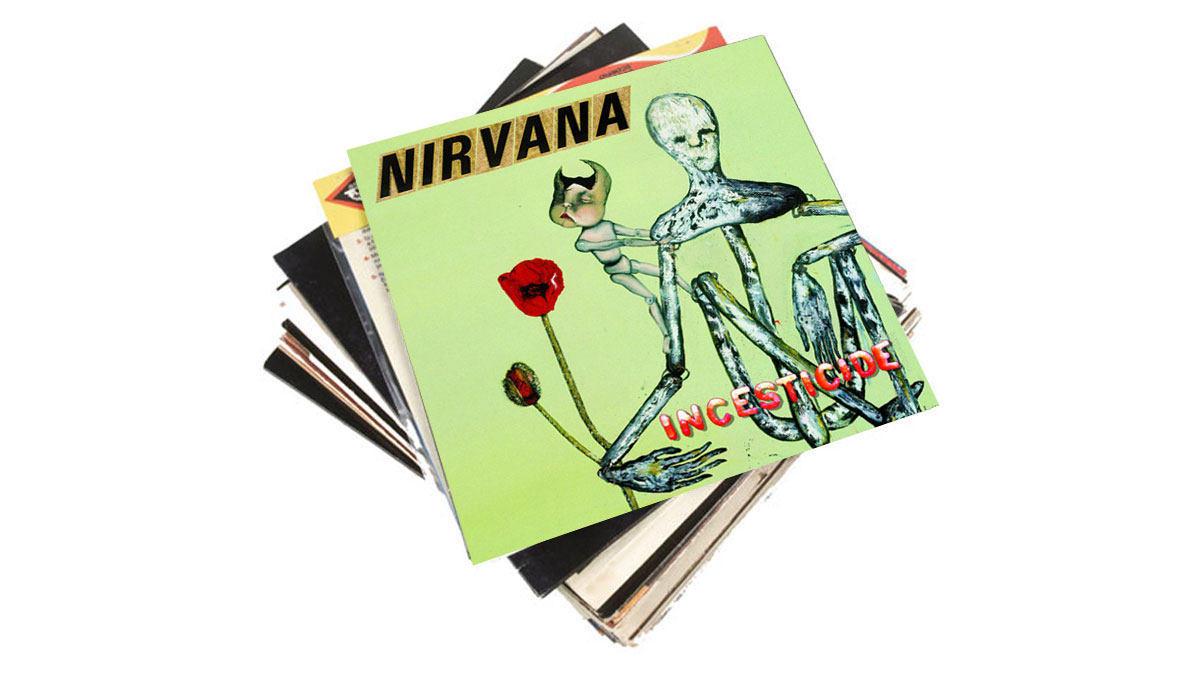
2. Nirvana - Incesticide
“I was a 12/13 year-old and when they first came out it was just amazing. I remember watching some late night TV – it was like Raw Power, or like some Kerrang! thing – and I’d stayed upstairs until everyone was asleep and then gone back down because I knew this show was on.
Smells Like Teen Spirit was a little bit scary, but I was like ‘What is this?’
“It was the video for Smells Like Teen Spirit and it was kind of scary. I was watching it in the dark on some rainy night and thinking, ‘This is amazing!’ It was a little bit scary, but I was like ‘What is this?’
“I’ve gone for Incesticide though because on that record Kurt Cobain plays Vaselines songs and songs that he was inspired by. The sound of them as a band and really raw and, also, he just sounds really, really into it, perhaps he’s not played the songs a million times. I could hear where him and the rest of the band had come from. I remember walking for miles and miles listening to that. It’s burnt on my memory!”
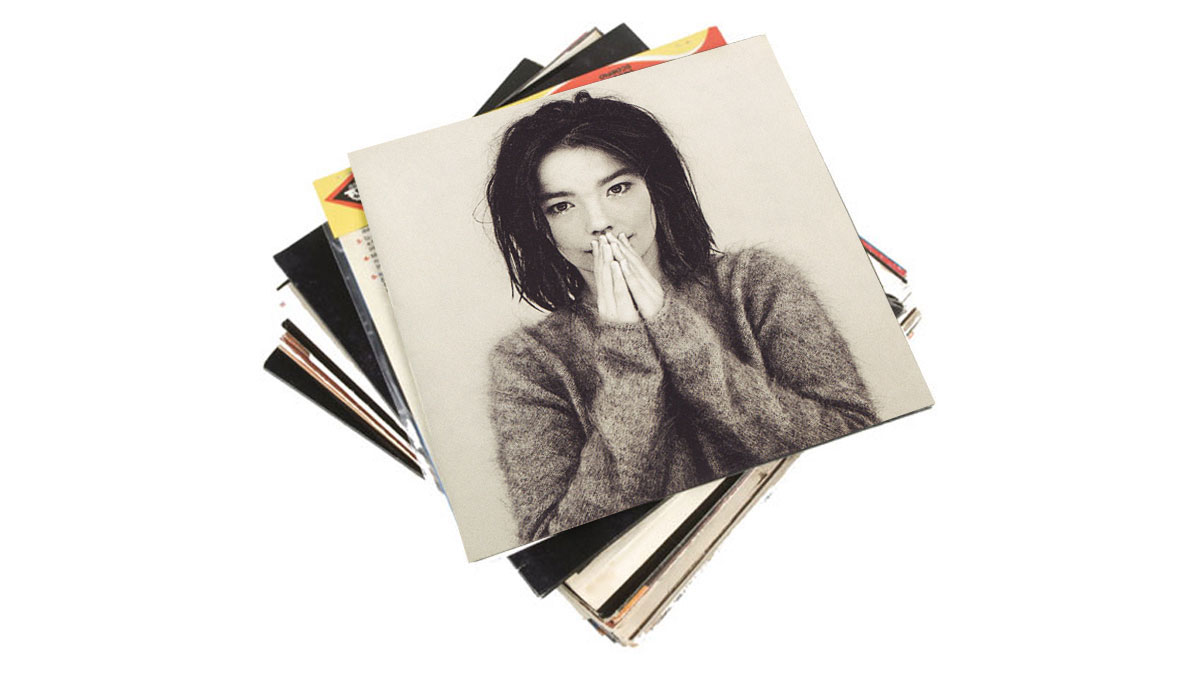
3. Björk - Debut
“A little bit later, I was in art college in Derby and I’d moved into town.
“It was in this building that was like an old factory that’s been knocked down now, but all of the art students were in there and everybody was listening to all sorts, from Pantera through to techno, and our art teacher was into Big Bill Broonzy.
At the time, the scene was getting a little depressing, but Björk was like a little beam of light
“One of my best mates brought in Debut on a tape and it was just wild. Just the way the vocal would go high in a moment and then weave around the top of a song. I think we were mid-teens, so Bjork was just the coolest thing ever. There were posters on the wall in no time.
“I think, at the time, the scene was getting a little depressing, but Björk was like a little beam of light. Even now, I’m fascinated by what she’s capable of and what she can do.”
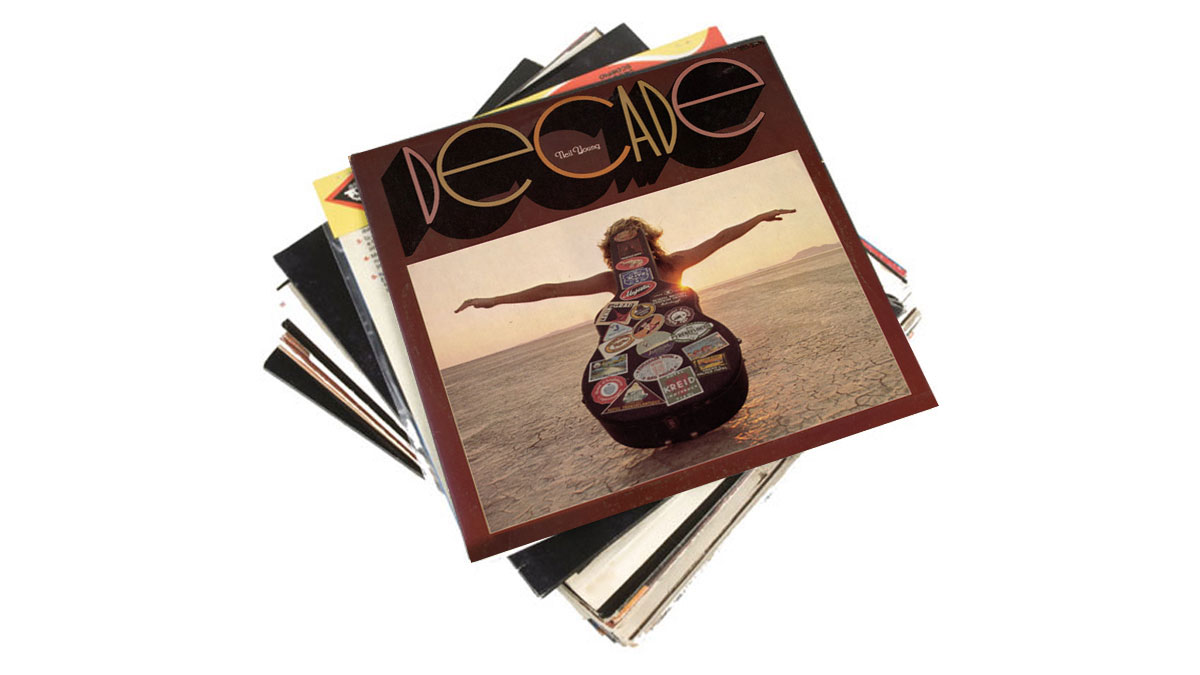
4. Neil Young - Decade
“I got a double cassette for Christmas when I was 17. That double cassette, taken from three or four albums, completely opened my mind as a guitar player.
He could go from acoustic to electric and the solos were really unique and his voice was just like a thin wire
“His rhythms on the acoustic guitar, and the way he would do stuff with his palms and his thumbs to get rhythms out of the guitar, and the picking style, I just thought that the way that he played felt different. He could go from acoustic to electric and the solos were really unique and his voice was just like a thin wire.
“I just really like the way that he made it his own style. He’s stuck to the same guitars and amps and pedals and as soon as you hear it, you know. Nothing else sounds like it. You think, ‘I wish I could get that amp…’”
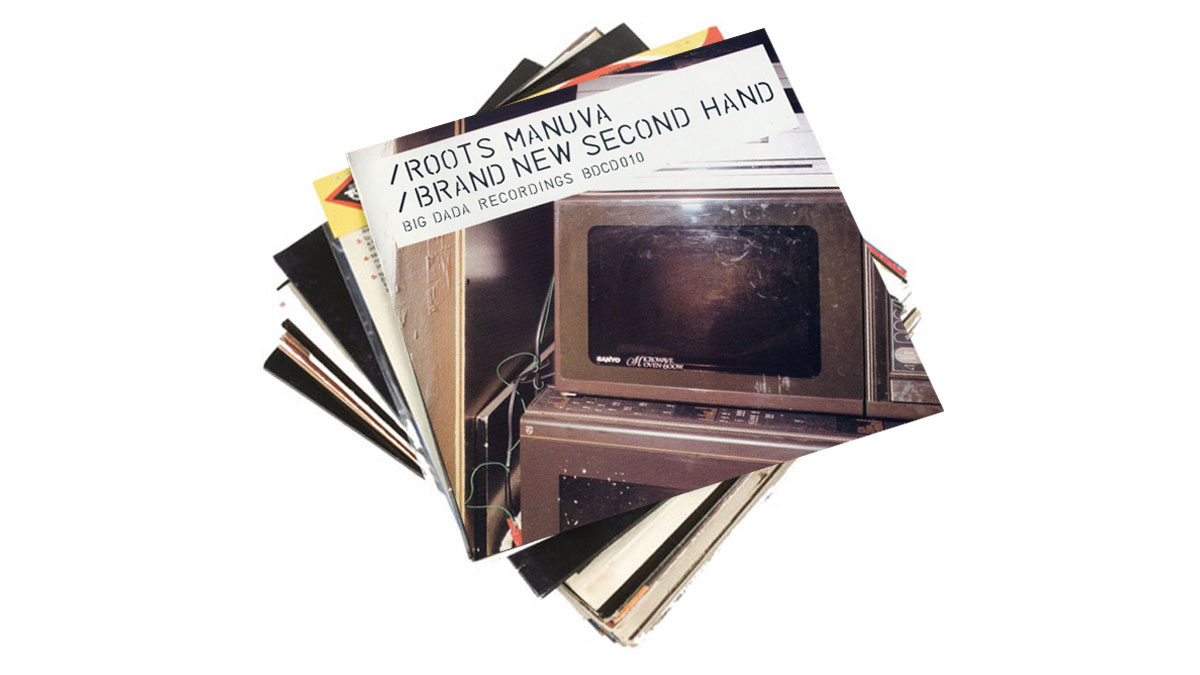
5. Roots Manuva - Brand New Secondhand
“I think I got it at the end of the 90s, when it came out. I wanted to get away from some of the music I’d been listening to, so I thought, right, I’m going give this a shot.
I was on the dole at the time and staying at my mate’s in Newcastle and I spent my money on that CD
“Again, it was a bit like Björk, where there was something inventive about the production. It was the first time where I thought, ‘Music can go somewhere else’, because it was really fresh and it was just before the 00s and there was a spirit there, where it felt like, ‘There is something new coming’.
“I was on the dole at the time and staying at my mate’s in Newcastle and I spent my money on that CD. I remember thinking, ‘I’ve got like £10 worth of vegetables for the week, but I’ve got this Roots Manuva CD!’ It has extra meaning in the way, if that’s how you’ve invested your money.
“It kind of gave me hope at the time that there was a fresher spirit. That after the end of the 90s, something new could happen.”
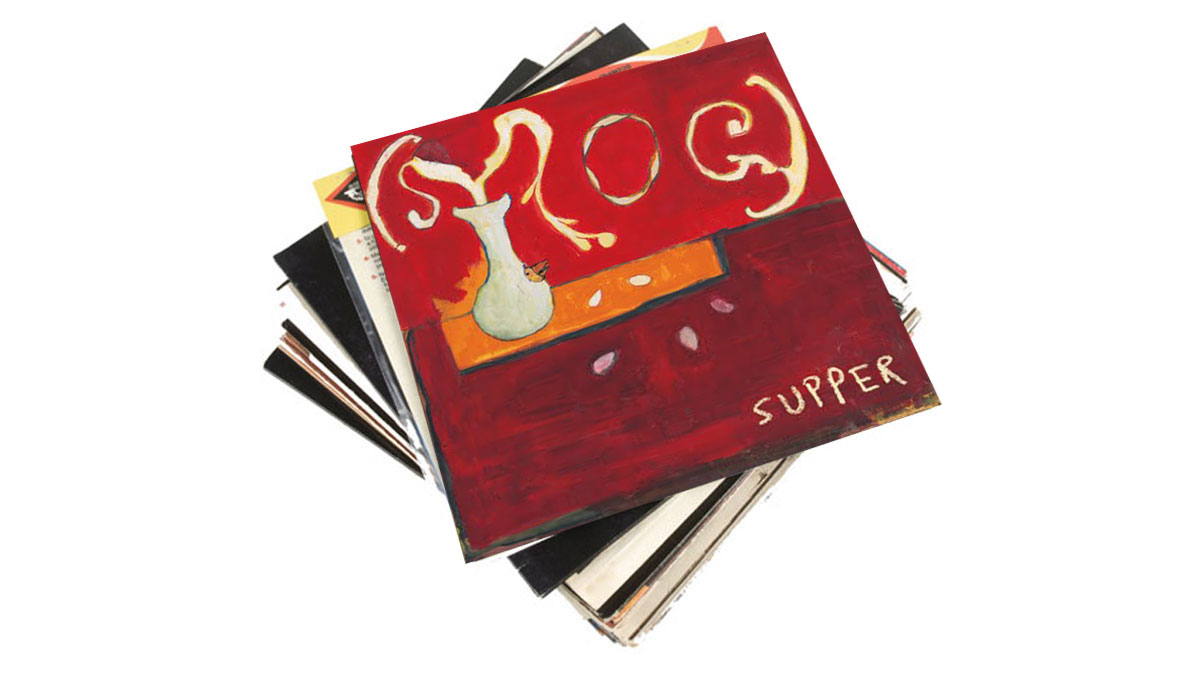
6. Smog - Supper
“Bill Callahan is a big deal for me. There’s a lot [of material]. A good one to start with is Knock Knock, but the album that got me into him was Supper.
There's these clever lines... All these things that stayed in my head, songs like Butterflies Drowned In Wine
“I’d heard tracks like Dress Sexy At My Funeral and just these weird titles where you were like, ‘I’ve got to listen to this to find out what it’s about’. With Supper, it was the first CD I bought of his and there’s all these clever lines like, [on Feather], ‘When they make the movie of your life/ They’re going to have to ask you to do your own stunts’. All these things that stayed in my head, songs like Butterflies Drowned In Wine.
“I played that a lot when it came out, so from there I just explored it. Quite a lot of my friends were into it, too, so we just explored his stuff together. Particularly in Maximo Park, it would be on in the van when we were on tour.”
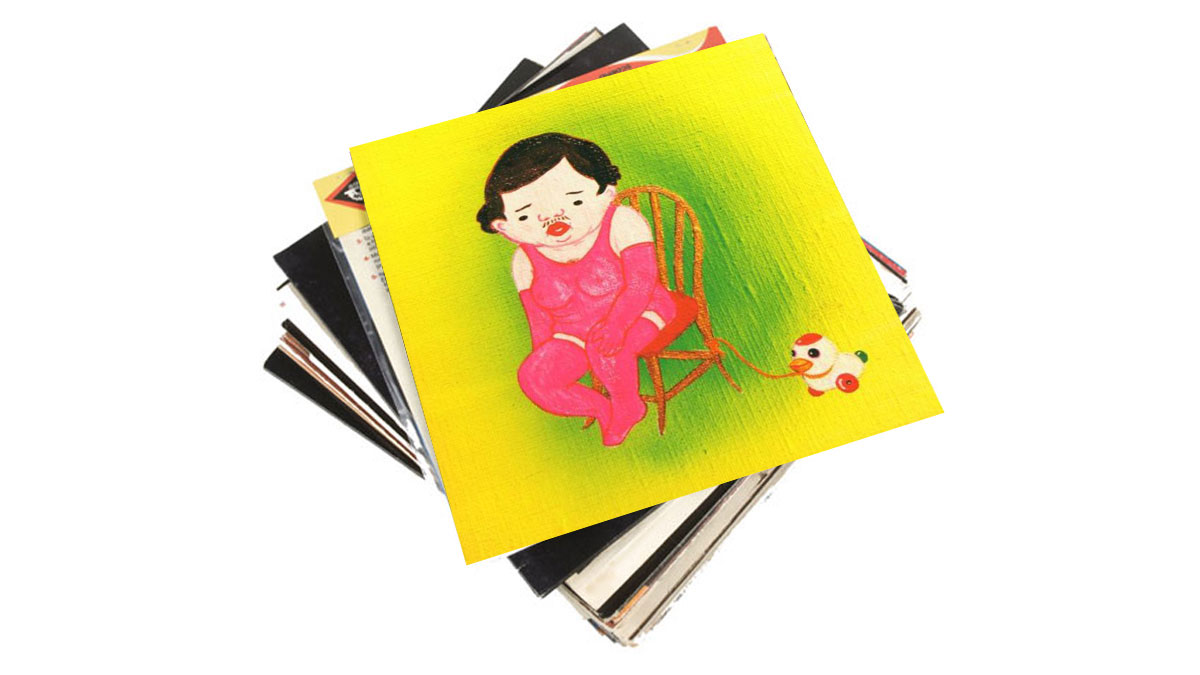
7. Jim O’Rourke - Insignificance
“I’d probably say Insignificance as my Jim O’Rourke choice. It is a great record.
“It is more song-based, but you can hear when something is not over-produced, it’s just inventive, and he uses textures and the way the drum kit is recorded…
As much as the songwriting, it’s the production that’s a big influence
“It’s just a really good mixture of something that is really tight-sounding but you can still hear the space it’s in. It’s pretty unique. He’s done quite a lot of records, but I’d say as much as the songwriting, it’s the production that’s a big influence.
“I remember seeing him with Sonic Youth and I really liked the work he did with them. Luckily, I got to meet them and him at a festival in Germany, backstage, and I was like, ‘I’ve actually got a Sonic Youth CD in my bag! Can you sign this?’ Just being a bit of a fanboy. Then I remember following him on MySpace and he followed us back and it was like, ‘Get in!’ [Laughs]”
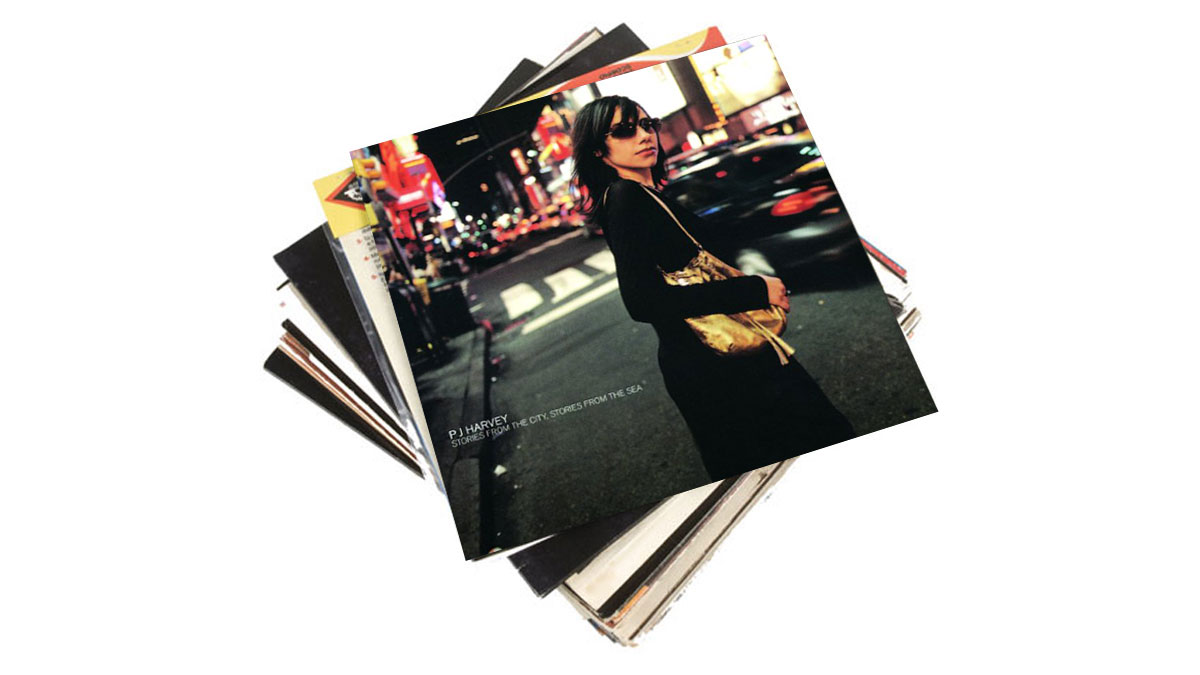
8. PJ Harvey - Stories From The City, Stories From The Sea
“Seeing her on TV in the mid-90s doing Come On Billy at Glastonbury was like my David Bowie moment. It was just wild and I just felt, ‘Yeah, this is very cool and I need to get hold of this music.’
The lyrics are about moving around and being away from home and at that point in my life that was exactly what I needed
“I started with stuff like Dry, but I actually would say it’s a later album Stories From The City, Stories From The Sea that I’d choose. It was just before I moved back to Newcastle to give Maximo Park another go, because we were about to break it up and I’d gone back to Derby to do sound engineering and and I was waiting tables.
“Our drummer Tom [English] said, ‘I’ve got a spare room in my flat. Do you want to come up and we’ll give it another shot?’ So we did Graffiti and Going Missing, those two early songs, and I was just listening to that album a lot.
“The lyrics are about moving around and being away from home and at that point in my life that was exactly what I needed. So I sort of upped sticks and went up to Newcastle and we got the group going. And it was pretty good after that!”
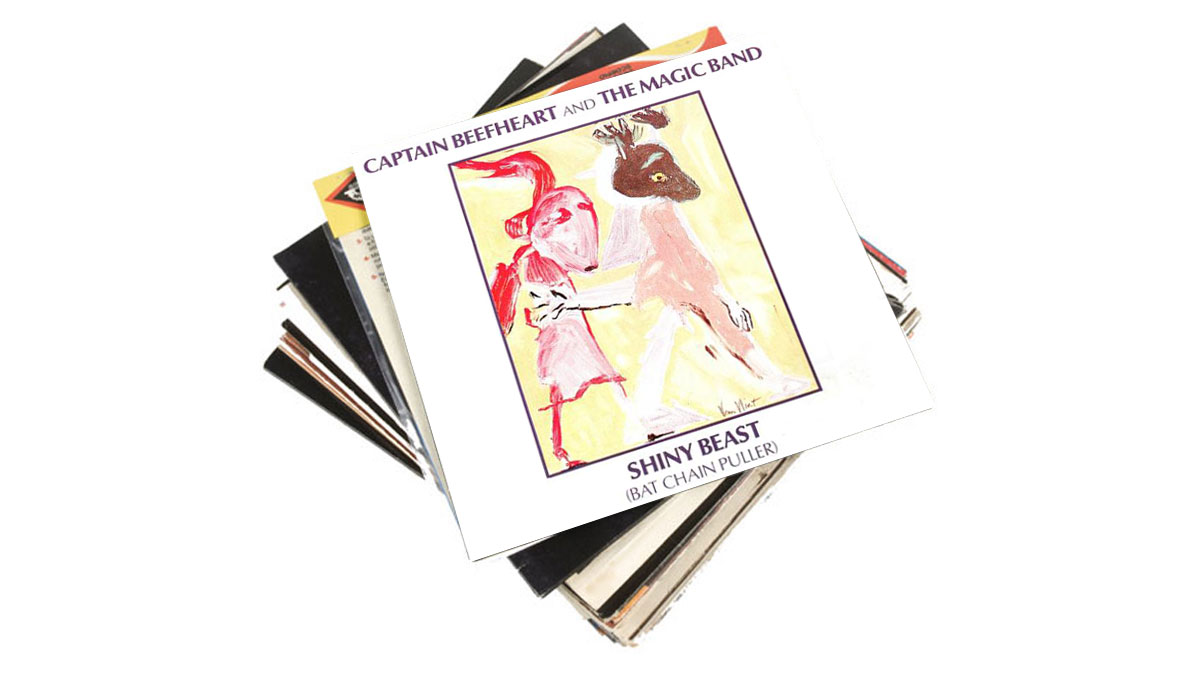
9. Captain Beefheart - Shiny Beast (Bat Chain Puller)
“Beefheart’s a tricky one, because all of the records are madness and then there are these songs that emerge out of it, which are great.
“Tropical Hot Dog Night was a really big song for me and Tom when we were sharing the flat.
The sound of that record massively influenced me when I started writing that first album with Maxïmo
“He got the album down at the market somewhere and brought it back. The sound of that record massively influenced me when I started writing that first album with Maxïmo. I think a lot of people, when they first heard that record thought, ‘Oh they’re into the Jam and XTC…’ I was like, ‘Hang on a minute, I wasn’t listening to any of that!’
“Really the two albums that influenced that album were really Captain Beefheart Shiny Beast – as soon as you put it on, you’ll hear the sort of guitar stuff – and then Wire, a collection called On Returning. Those two together were the influence, but if it had to be one it would Shiny Beast (Bat Chain Puller).”
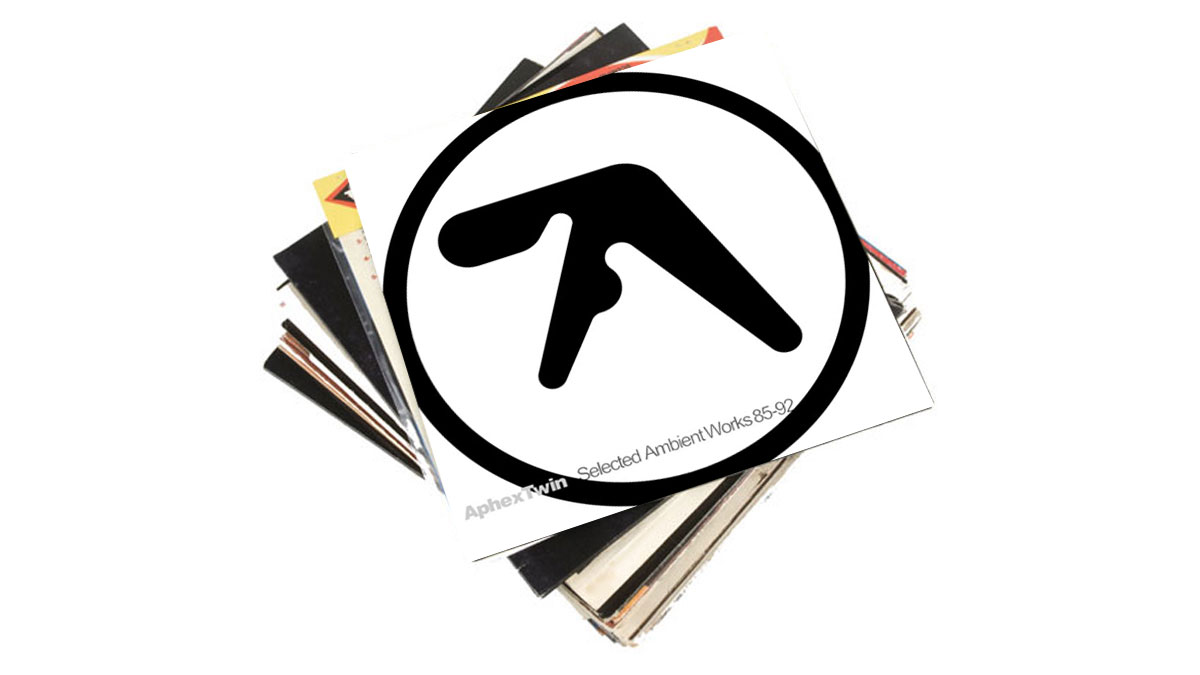
10. Aphex Twin - Selected Ambient Works 85-92
“Again, Aphex Twin is a really mysterious character. Someone told me that his whole house had been rigged up with wires going from room to room with these tape machines and synths and the whole house was basically a studio. When I heard that, I thought that was amazing.
People often think of it as just being ambient and rhythmical, but there are so many hooks in that record
“People often think of it as just being ambient and rhythmical, but there are so many hooks in that record. I find myself humming them, even now, there’ll be hooks that I’ll keep coming back to me from that record and I’ll have to put it down. The synth sounds are so unique, too.
“Later on, we ended up working with Warp Records and being able to chat to Steve Beckett about the Aphex Twin records and that time was great. There are so many good records that Aphex Twin has down, but this one is the one I still go back to, especially when I’m writing more electronic songs, or keyboards for Maxïmo, I’ll go back to that record.”
Matt is a freelance journalist who has spent the last decade interviewing musicians for the likes of Total Guitar, Guitarist, Guitar World, MusicRadar, NME.com, DJ Mag and Electronic Sound. In 2020, he launched CreativeMoney.co.uk, which aims to share the ideas that make creative lifestyles more sustainable. He plays guitar, but should not be allowed near your delay pedals.
